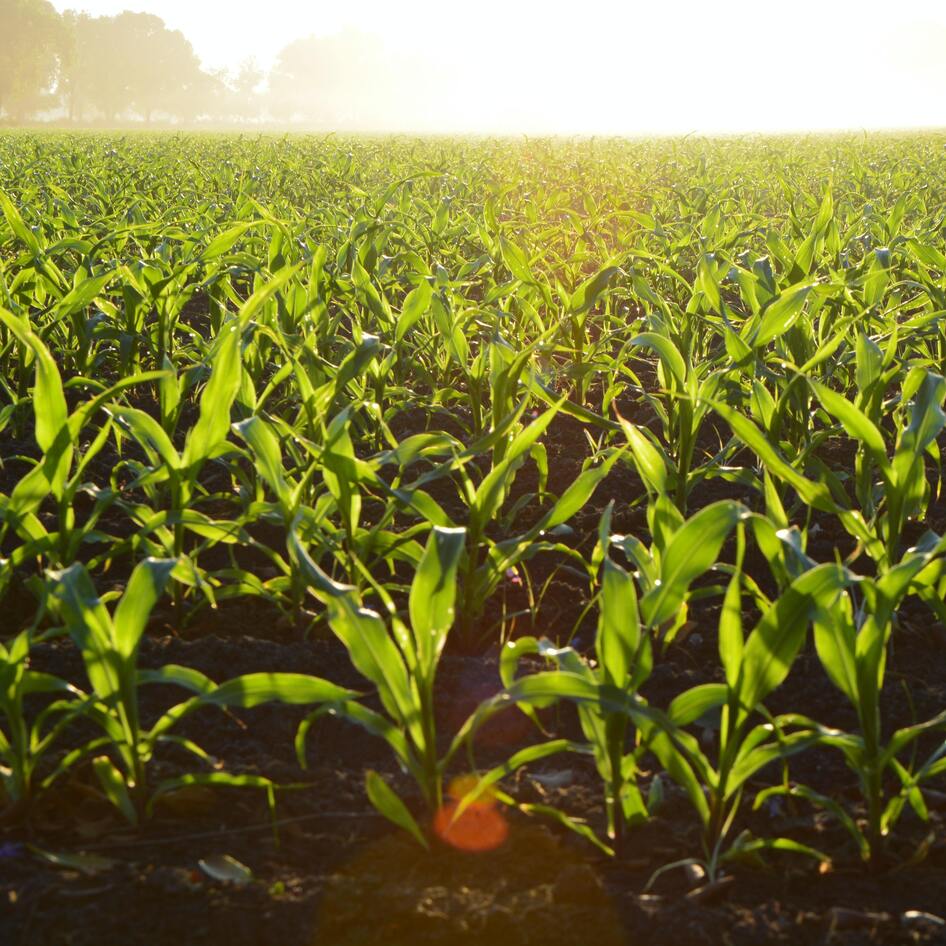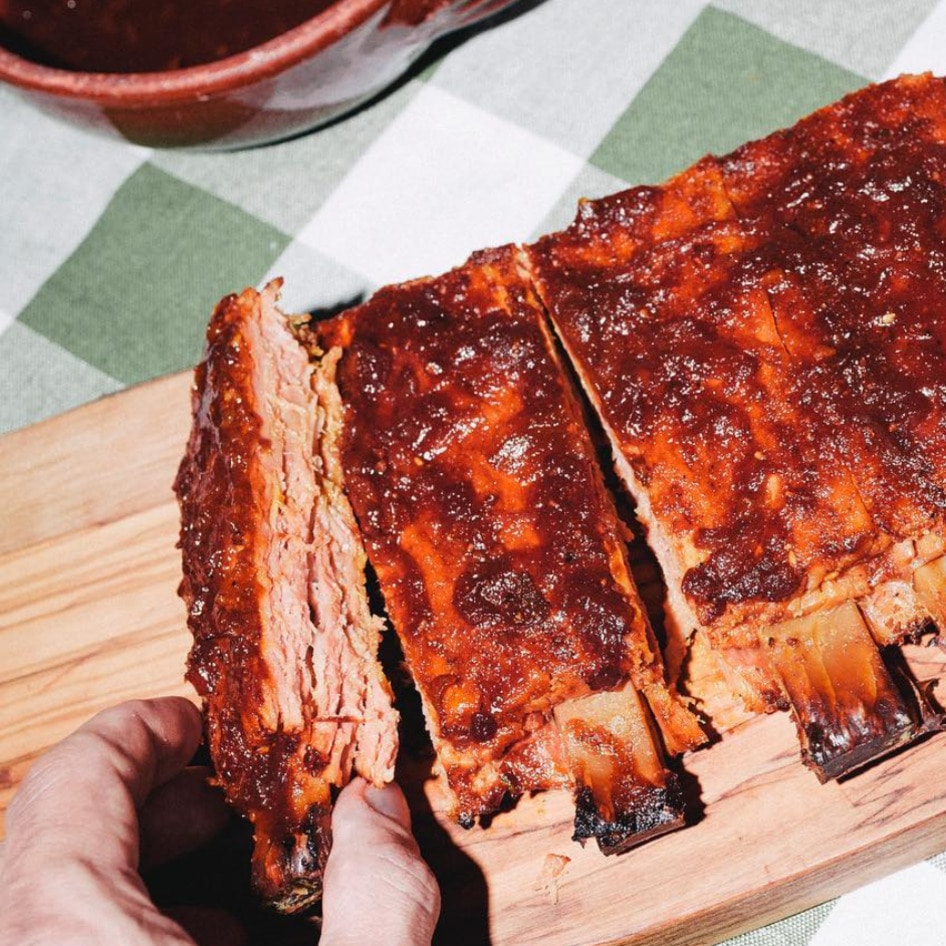Study: Grass-fed Beef is Destroying the Environment
Popular belief among meat-eaters that grass-fed is superior to conventional meat is being called into question.
December 28, 2015
According to researchers at Bard College, grass-fed beef may be even more detrimental to the environment than conventionally-raised beef. Al Jazeera America interviewed Gidon Eshel—professor of environmental physics at Bard College and author of a 2014 paper deriding the environmental effects of meat consumption—who reasons that cows fed exclusively grass burp approximately twice as much methane than their corn- and soy-fed industrial feedlot counterparts. “What’s called grass-fed in the Midwest was the single worst option in terms of global warming,” Eshel said. Grass-fed beef producer Ken Jaffe was also interviewed and touted what he believed to be positives of the sector of farming. “These animals are living a better life for beef, for cattle because they’re living what is a more cattle-like existence,” he said. “They’re outside. They’re grazing. This is what cattle were genetically designed to do.” Of course, cows grazing and living a happier existence without the looming threat of being slaughtered for human consumption would be the most preferable option, a sentiment shared by Woodstock Farm Sanctuary’s Jenny Brown, who punctuated the piece by saying, “If we say we love animals, and we have compassion and we don’t want them to suffer, we need to look at our consumer choices … Any step we can take in the direction of shifting away from consuming animals and animal products is a step in the right direction.”
JUMP TO ... Latest News | Recipes | Guides | Health | Shop







